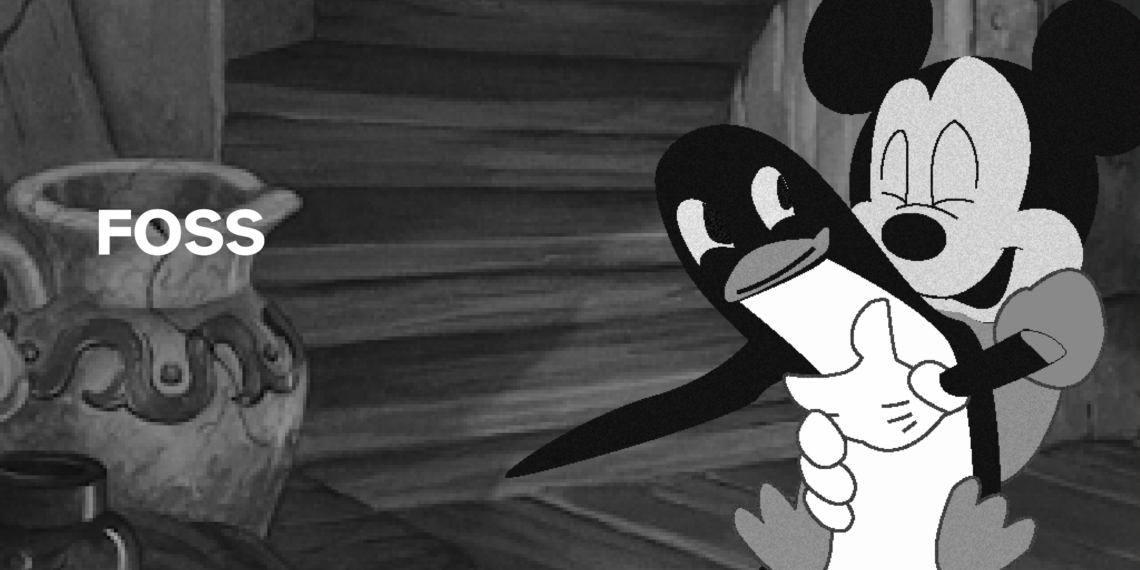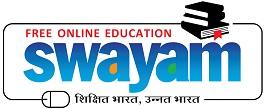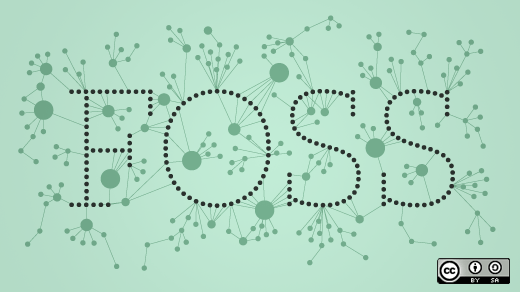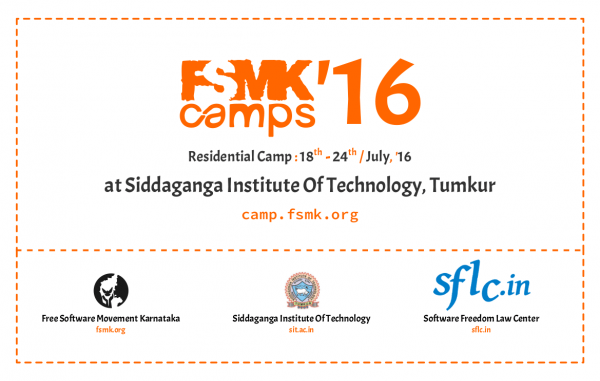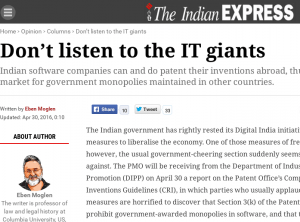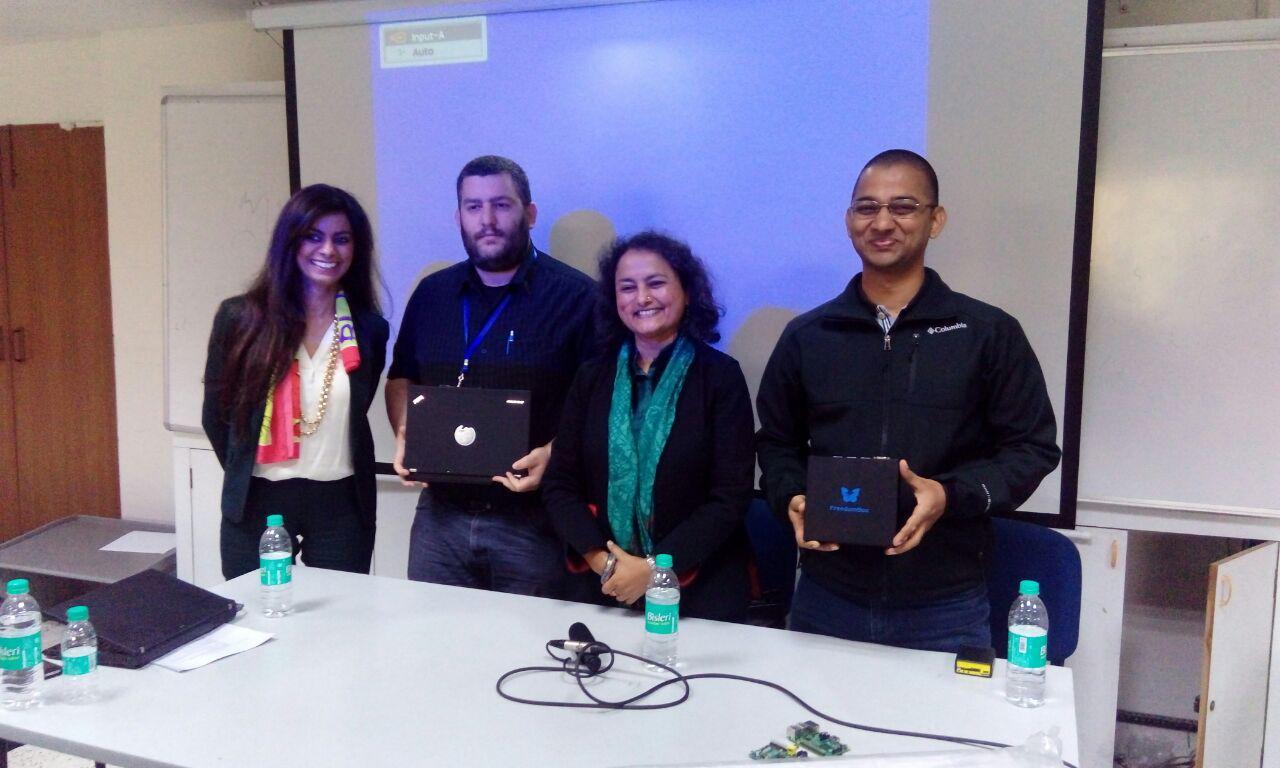In India, as per the Patents Act, 1970 “computer programme per se” is not patentable subject matter. However, it is seen that over 1000 software patent applications are filed before the Indian Patent Office each year, of which about 100 patents are granted despite their specific exclusion from patentability. Moreover, almost all of these patents are granted to multinational corporations as opposed to smaller domestic developers. This is a dangerous phenomenon that makes writing computer programmes a risky proposition, as developers could be sued for infringement by corporations holding software patents, which in turn could seriously impede the growth of the software industry in India and place shackles on the freedom to innovate. We consider opposing software patents, which are irregularly granted against the intent of the legislature, to be a primary item in our agenda. We also work with law and policymakers to restrict the irregular grant of software patents, and to bring patent examination procedures in line with the law.
Free and Open Source Software (FOSS) refers to software, the source code of which is publicly shared and licensed in such a manner as to allow it to be freely used, modified, and shared. It offers several crucial benefits over proprietary closed-source software, such as improved security, stability, and privacy due to community oversight, and greater control over the technologies that people use. Moreover, as FOSS is underpinned by the sharing economy and collaborative innovation, it makes for software that works for the benefit of the larger society rather than the profit-driven interests of corporations. We make it our mandate to promote FOSS at all levels of governance as well as amongst general users, and work with stakeholders to catalyse its widespread adoption. We also provide pro-bono legal advice to FOSS developers.

